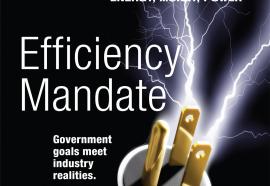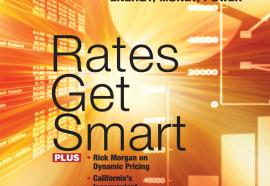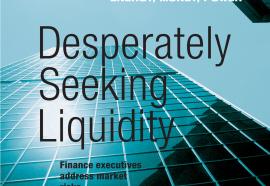Compliance Program Guidance
The industry debates how far FERC should go.
Since the Energy Policy Act was enacted in 2005, the domestic power and gas industry has experienced several years of FERC compliance enforcement history. Including the settlements entered into in 2007, total penalties levied and agreed to by companies are close to $100 million over the past two years. Given the high stakes, some industry stakeholders have suggested that FERC could provide more comprehensive guidance on what it means to have an adequate compliance program and what constitutes that compliance.











